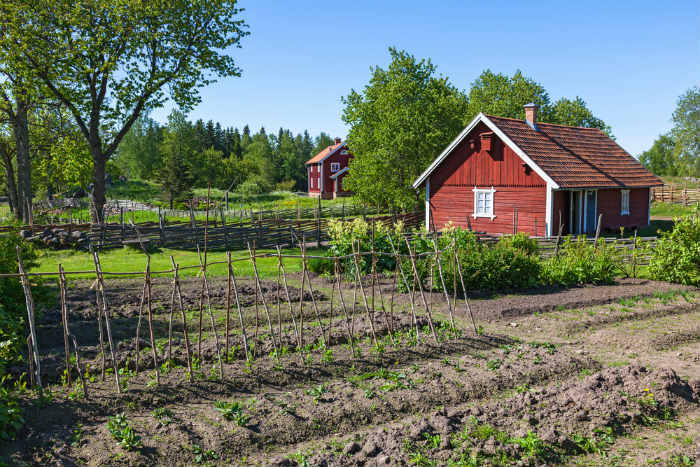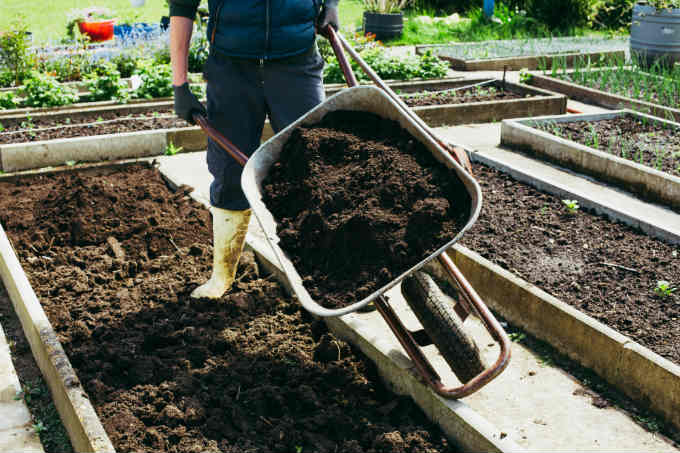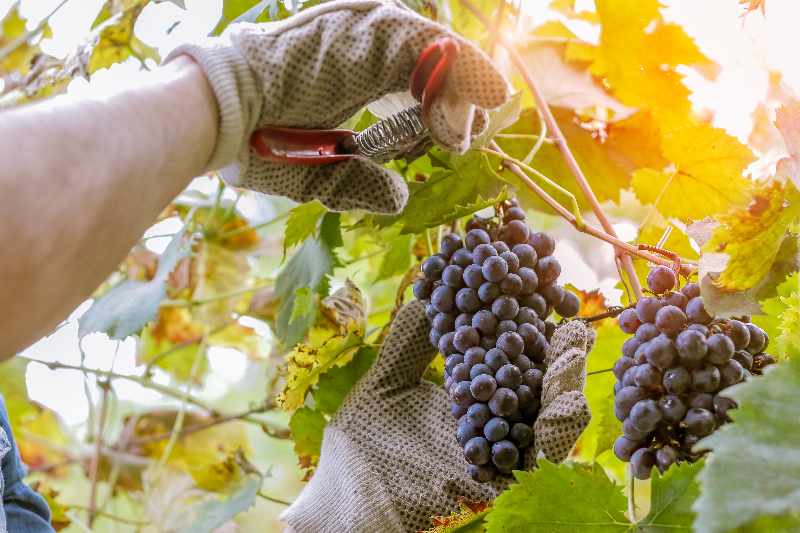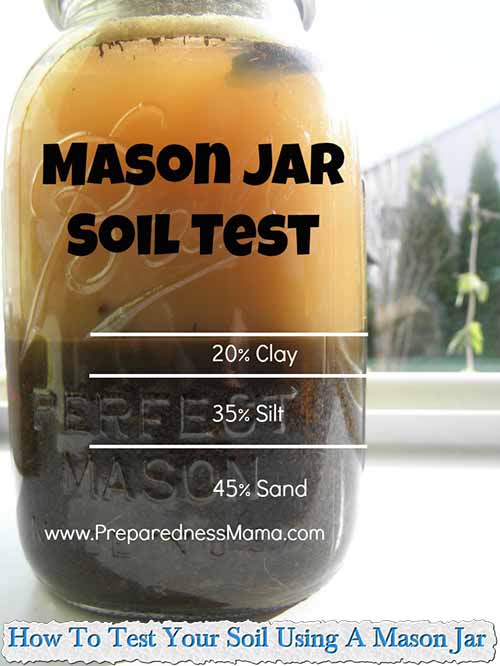8 Things Not To Do In Your Vegetable Garden

Make sure to like Living Green and Frugally on Facebook, Shop at Amazon to help support my site and explore our PINTEREST BOARDS for innovative ways you can become self-sufficient.
Gardening is a rewarding and fulfilling hobby, offering fresh and healthy vegetables straight from your backyard. However, maintaining a successful vegetable garden requires more than just planting seeds and waiting for the harvest. It’s essential to avoid common pitfalls that can hinder your garden’s productivity and health.
From over-fertilizing to improper watering, these mistakes can lead to stunted growth, pest infestations, and poor yields. In this article, we will explore eight crucial things not to do in your vegetable garden, providing detailed explanations and practical advice to help you cultivate a thriving and bountiful garden.
Whether you’re a novice gardener or have years of experience, these tips will guide you toward achieving the best possible results from your vegetable garden.
1. Do Not Over Fertilize
Why Not: Over-fertilizing can lead to an accumulation of salts in the soil, which can damage or kill your plants. It can also cause excessive foliage growth at the expense of fruit and vegetable production.
Explanation: Plants need nutrients to grow, but too much of a good thing can be detrimental. Over-fertilizing can result in nutrient imbalances, which may inhibit plant growth and lead to poor yields. Stick to the recommended fertilization schedule and quantities, and consider using organic fertilizers that release nutrients slowly over time.

2. Do Not Over Water
Why Not: Excessive watering can suffocate plant roots, promote fungal diseases, and wash away essential nutrients from the soil.
Explanation: While vegetables need water to grow, too much water can be just as harmful as too little. Ensure that your garden has proper drainage and that you water your plants according to their specific needs. A good rule of thumb is to water deeply and less frequently, allowing the soil to dry out slightly between waterings.
3. Do Not Plant Too Close Together
Why Not: Crowded plants compete for light, water, and nutrients, leading to stunted growth and increased susceptibility to diseases.
Explanation: Each plant needs enough space to grow and develop properly. Crowded conditions can create a microenvironment that fosters the spread of pests and diseases. Follow the spacing guidelines for each type of vegetable to ensure they have room to thrive.
4. Do Not Neglect Soil Health
Why Not: Poor soil health can lead to weak plants that are more prone to diseases and pests.
Explanation: Healthy soil is the foundation of a productive garden. Regularly add organic matter such as compost or well-rotted manure to improve soil structure and fertility. Test your soil periodically to check its pH and nutrient levels, and adjust accordingly.
5. Do Not Ignore Pest Control
Why Not: Pests can quickly damage or destroy your vegetable plants if left unchecked.
Explanation: Regularly inspect your plants for signs of pests and take appropriate action to control them. Use integrated pest management (IPM) strategies, which combine biological, cultural, physical, and chemical tools in a way that minimizes economic, health, and environmental risks.
6. Do Not Plant the Same Crops in the Same Place Every Year
Why Not: Planting the same crops in the same place can deplete specific nutrients from the soil and increase the risk of pests and diseases.
Explanation: Practice crop rotation by changing the location of your vegetable families each year. This helps maintain soil fertility and reduces the buildup of soil-borne pests and diseases. Plan your garden layout in advance to ensure a good rotation cycle.
7. Do Not Let Weeds Take Over
Why Not: Weeds compete with your vegetables for nutrients, water, and sunlight, and can harbor pests and diseases.
Explanation: Keep your garden weed-free by regularly hoeing, hand-pulling, or mulching. Mulching not only suppresses weeds but also helps retain soil moisture and regulate soil temperature. Be vigilant and remove weeds as soon as they appear to prevent them from spreading.
8. Do Not Harvest Too Early or Too Late
Why Not: Harvesting at the wrong time can result in poor flavor, texture, and nutritional value.
Explanation: Each vegetable has an optimal harvest time. Harvesting too early might mean the produce hasn’t fully developed its flavor or nutrients, while harvesting too late can lead to overripe, tough, or bitter vegetables. Familiarize yourself with the signs of ripeness for each type of vegetable you grow, and pick them at their peak for the best results.

By avoiding these common mistakes, you can ensure a healthy and productive vegetable garden. Happy gardening!
